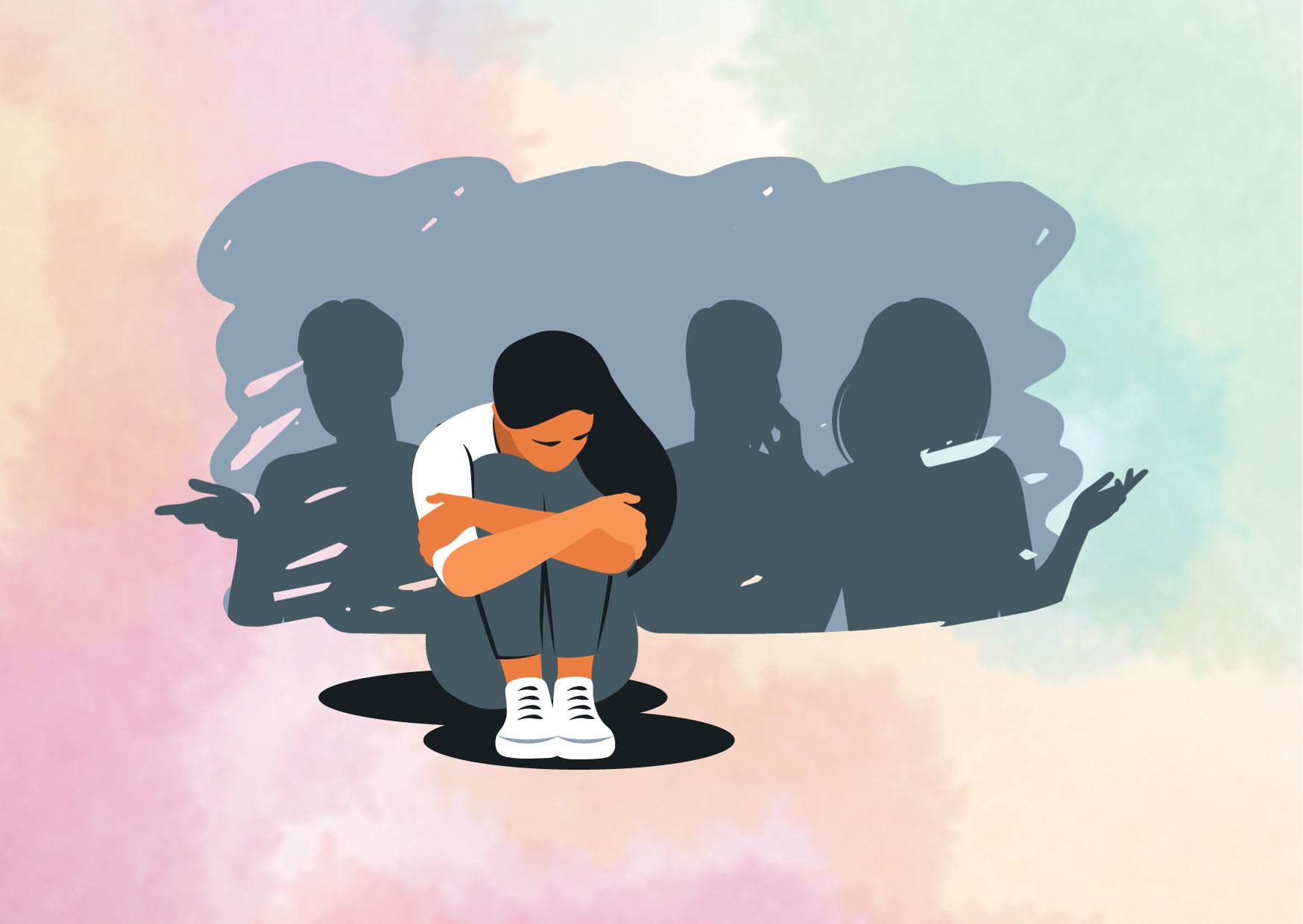Misconceptions About Loneliness: Debunking 5 Myths and Promoting Mental Well-being
Introduction
Loneliness is a complex and pervasive emotion that can affect anyone, regardless of age or social status. It is often misunderstood, leading to various misconceptions about loneliness that hinder our understanding and ability to address this issue effectively. In this article, we will explore and debunk some common myths surrounding loneliness, shedding light on the truth behind this emotional experience. By increasing our knowledge and awareness, we can promote mental well-being and provide better support to those who are experiencing loneliness.
Misconceptions About Loneliness
Myth #1: Loneliness Is the Same as Being Alone
Common misconceptions about loneliness is that it is synonymous with being alone. However, loneliness and social isolation are distinct concepts. While social isolation refers to the objective state of being physically alone, loneliness is a subjective emotional experience characterized by a sense of disconnection and a lack of meaningful social relationships. It is possible to feel lonely even when surrounded by people, highlighting the importance of quality social connections rather than mere quantity.
Research has shown that loneliness can arise from a perceived lack of understanding, shared interests, or emotional intimacy with others. A study published in JAMA Internal Medicine revealed that nearly 63 percent of individuals who reported feeling lonely were married or partnered, emphasizing that loneliness can exist within various relationship statuses. Recognizing the distinction between being alone and feeling lonely allows us to address the underlying emotional needs associated with loneliness.
Myth #2: Spending More Time with People Will Cure Loneliness
While spending time with others can be beneficial, it is not a one-size-fits-all solution to loneliness. Loneliness is a complex emotion that requires a multifaceted approach for resolution. Merely increasing social interactions does not guarantee a reduction in loneliness if the quality of those interactions remains lacking.
To combat loneliness effectively, it is essential to foster meaningful connections and engage in activities that promote emotional intimacy and social integration. This might involve participating in group exercise classes to connect with individuals who share similar interests, using technology to maintain communication with loved ones, or seeking out local communities and events that align with personal hobbies. By diversifying our strategies and focusing on building genuine connections, we can address the underlying factors contributing to loneliness.
